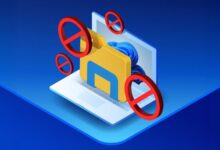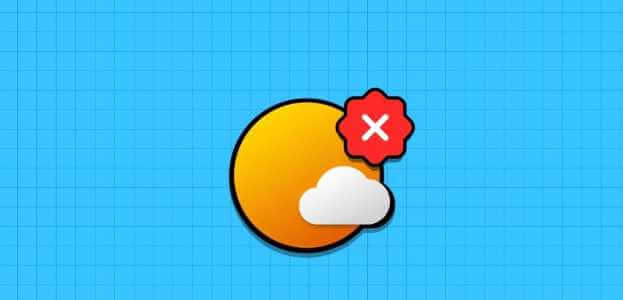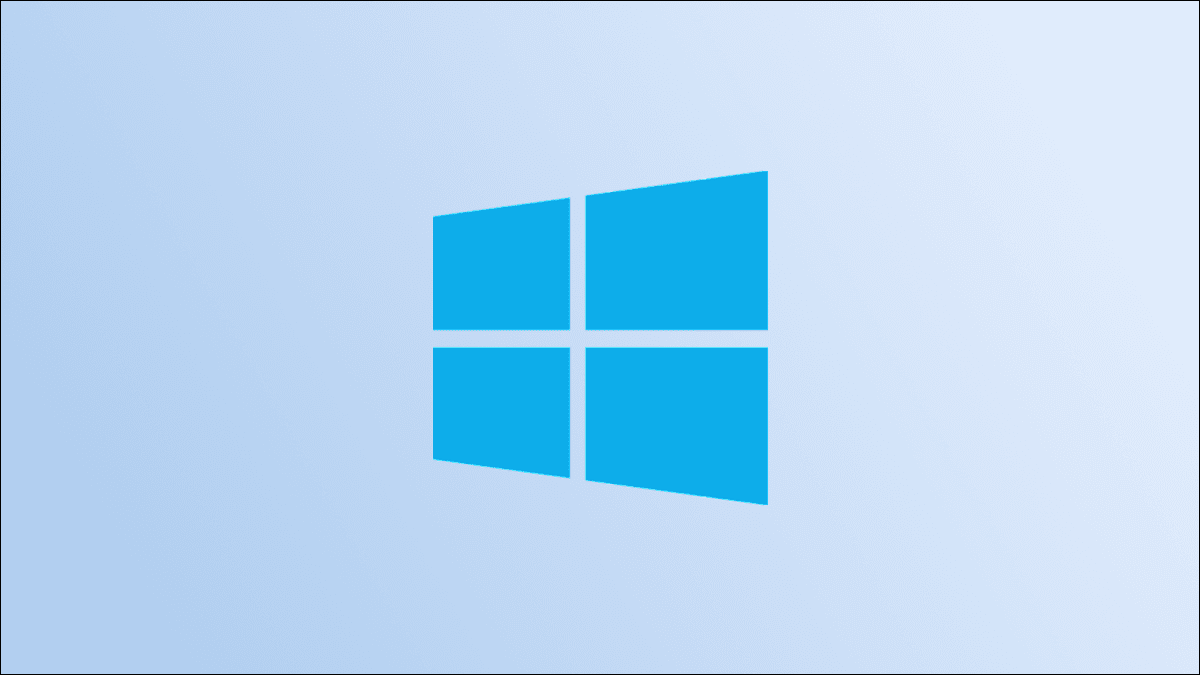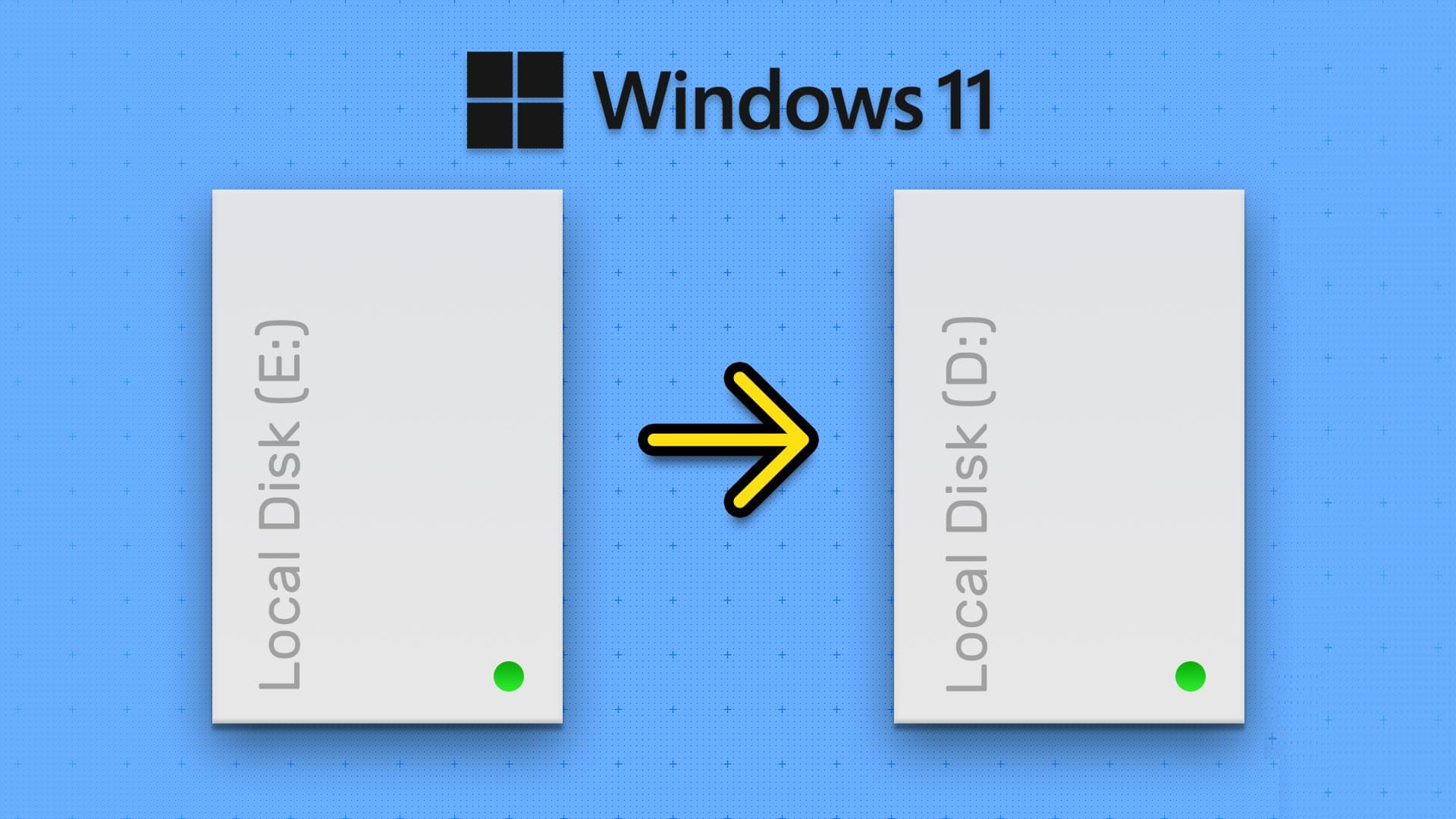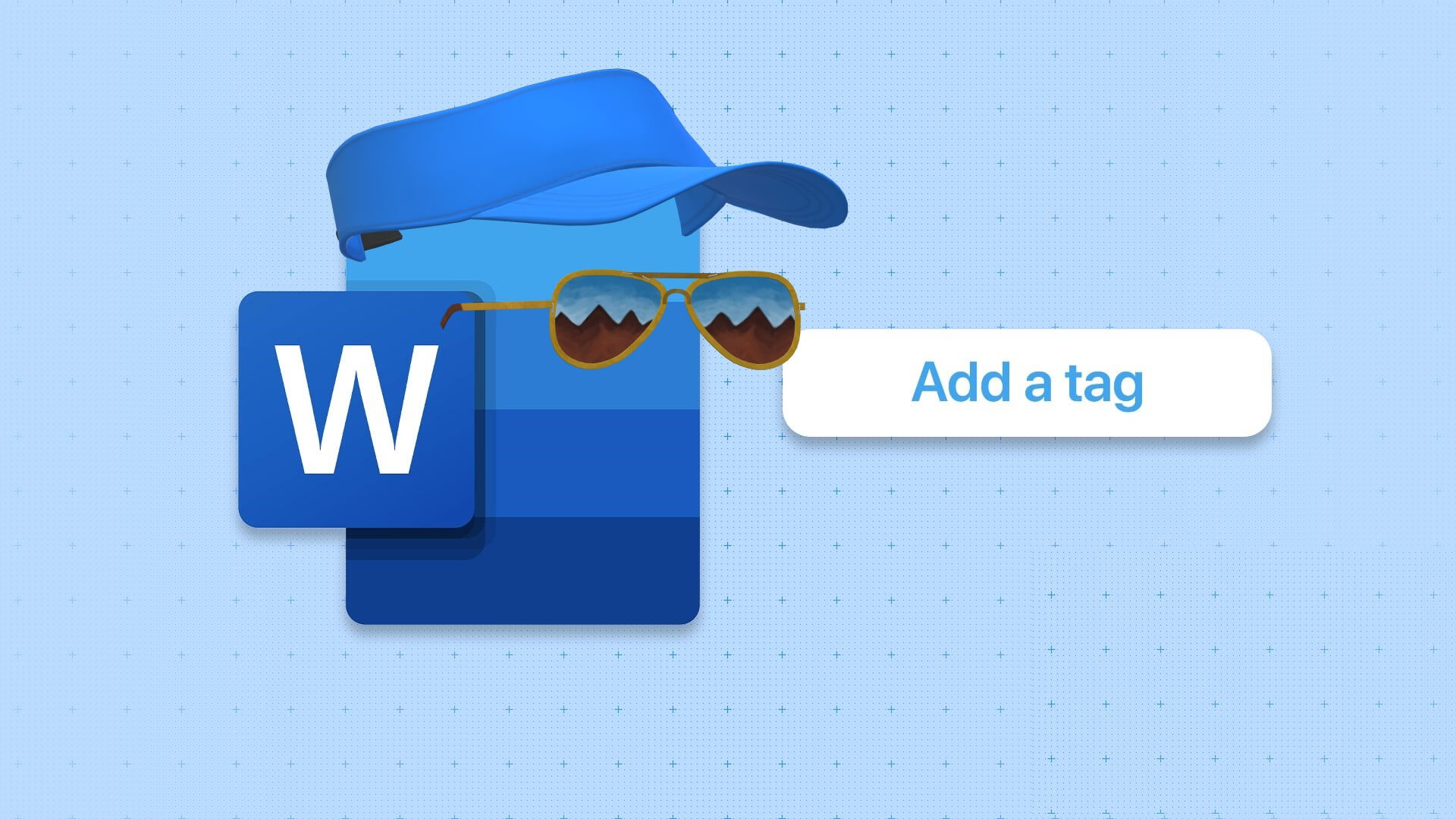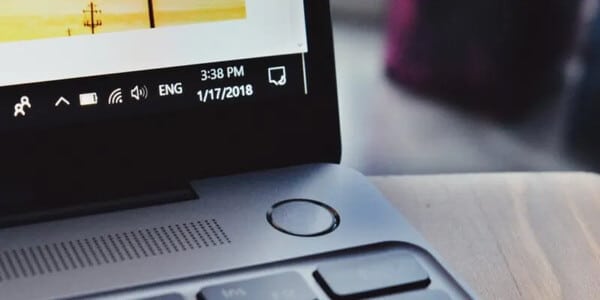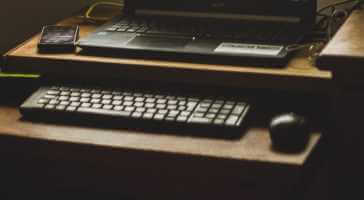Icons are there to help us identify an app and differentiate between Shortcuts and different folders, so we can click on the application we need without wasting a lot of time reading text instead. It makes life simpler and helps businesses build brands. But some users Windows 10 They see blank icons on the desktop. Windows 10 Theirs. This is a strange mistake.
Although it is not something major that will affect the operation of the operating system. Windows 10 Or whatever application you're using, it can be frustrating, especially when you want to launch an application or open a folder from your desktop. There are a few solutions I've found that should help.
let's start.
1. Update apps and operating system and reboot
You know this is the first thing we suggest. Open Settings and tap Update & Security.
Under the tab Windows Update On the left, you'll find any updates pending download or installation on your computer. You can also check for updates manually.
Since this error is related to app icons, I recommend updating your apps to see if that resolves the missing or blank icons. Open the Windows Store and click the Downloads and Updates icon in the top right. You'll usually see a number there if updates are found.
If not, I suggest you check manually once. Click Update All to start.
When everything is updated, restart your computer once and check if the icons appear again.
2. Uninstall Google Drive
Many users reported that canceling Install Google Drive From their computers, help resolve the issue. If so, download a fresh copy of the app and try installing it again. If the issue persists, you'll need to find a replacement or contact the Google Drive support team.
3. Reinstall applications
Are you seeing icons for some apps but not others? Perhaps the error is specific to certain apps rather than system-wide? Updating apps didn't work, did it? Try uninstalling the app and then reinstalling it from the Windows Store. You can also try installing it directly from the source site instead of using the Windows Store. This has helped some users.
4. Icon settings
Windows 10 comes with icon settings that you can modify under Settings. These are default desktop icons, such as the Recycle Bin, etc. Press Windows key + I to open them and click Personalization.
Under Themes, scroll down to select Desktop icon settings.
Select the item whose icon you don't see and click Change Icon here to replace it.
If that doesn't work, try the "Restore Default" button on the same screen.
5. Change the code manually
For applications, you can change the icon manually. To do this, right-click the application and select Properties. You can also use the Alt+Enter shortcut when selecting the application. Under the Shortcut tab, click "Change Icon" to begin.
If you download an icon pack from the web, you can browse to the folder and select that instead of going with the default options which aren't very great, to be honest.
6. Update the adapter driver
It's a long shot, but it's still worth a try. Open Device Manager and look for Display Adapters. Update your graphics card drivers by right-clicking on them.
Select Update Driver here and follow the on-screen instructions.
7. DISS and SFC SCAN
The DISM command will service the Windows image and repair system file corruption. The SFC scan will scan for corrupt system files and attempt to repair them. Open a command prompt with administrator rights and type these two commands one by one.
DISM.exe / Online / Cleanup-image / RestoreHealth
sfc / scannow
You will find more information on this. Link.
8. Assemble the icon
This is probably the last thing you can do. Windows saves icon images as cache files to display them quickly when needed, without consuming too many resources. Over time, this cache can become corrupted or deleted. Sometimes, a recently installed third-party application can also interfere, as some users have found with Google Drive.
To rebuild the icon cache, close all applications and windows. Open a command prompt with administrator rights from Windows Search.
Type this command to move to the directory where the icon cache is stored. You can copy and paste commands. Press Ctrl+C to copy and right-click in the command prompt to paste. Press Enter when you see the command.
cd %homepath%\AppData\Local\Microsoft\Windows\Explorer
Now type this command to see if the icon cache files are already present in this location.
dir iconcache*
You should now see the output which should look like this.
- iconcache_16.db
- iconcache_1920.db
- iconcache_256.db
- iconcache_2560.db
- iconcache_32.db
- iconcache_48.db
- iconcache_768.db
- iconcache_96.db
- iconcache_custom_stream.db
- iconcache_exif.db
- iconcache_idx.db
- iconcache_sr.db
- iconcache_wide.db
- iconcache_wide_alternate.db
Type this command to stop File Explorer. The desktop will stop responding and go blank or black. That's cool.
taskkill / f / im explorer.exe
Now, type this command to delete the icon cache files.
from iconcache*
Now type this command to make sure the files are actually deleted.
dir iconcache*
If you still see some database entries, either some applications are still running (interfering) or you didn't follow the steps correctly. Let's start from the beginning.
Finally, type this command to restart File Explorer.
explorer.exe
Close the command prompt.
At this point, Windows 10 will automatically restart, recreate the icon cache files from scratch, and restart File Explorer. This may take some time, so be patient.
Iconic symbols
Some icons are designed differently, and this is what distinguishes most apps. This is another reason why icons are important. They help create brand recognition and make them easy to recognize. While missing or empty icons are nothing to worry about, you should still try to resolve them to avoid headaches. the future.
